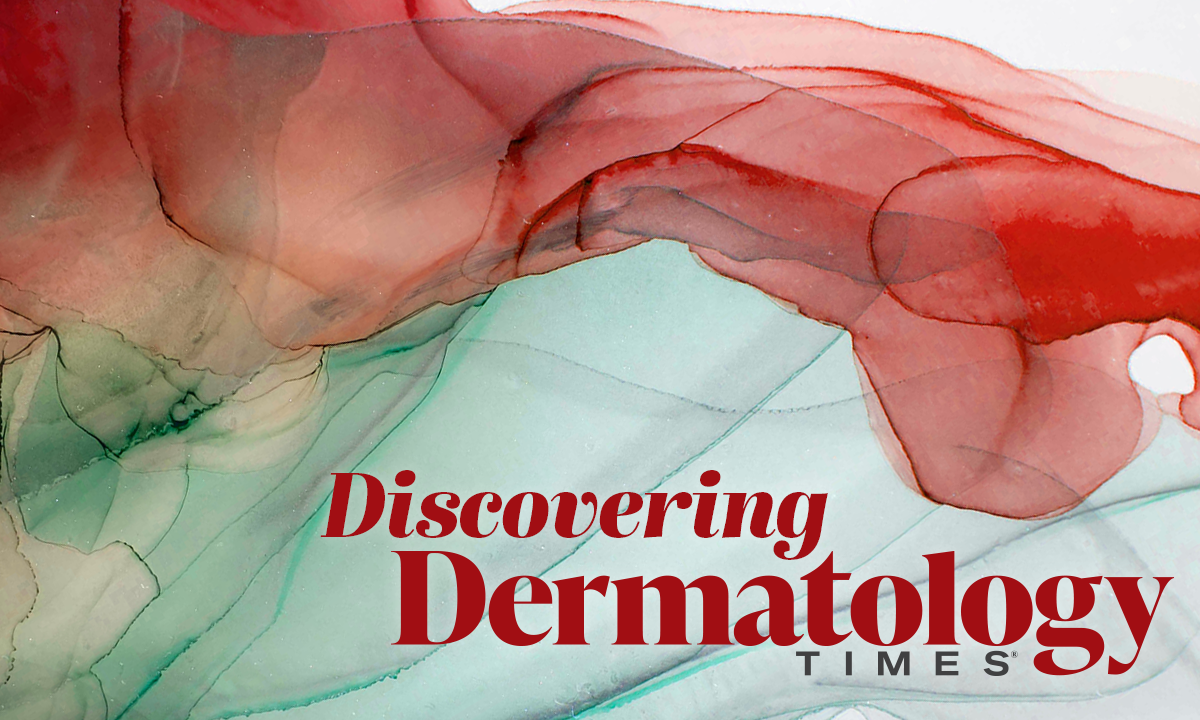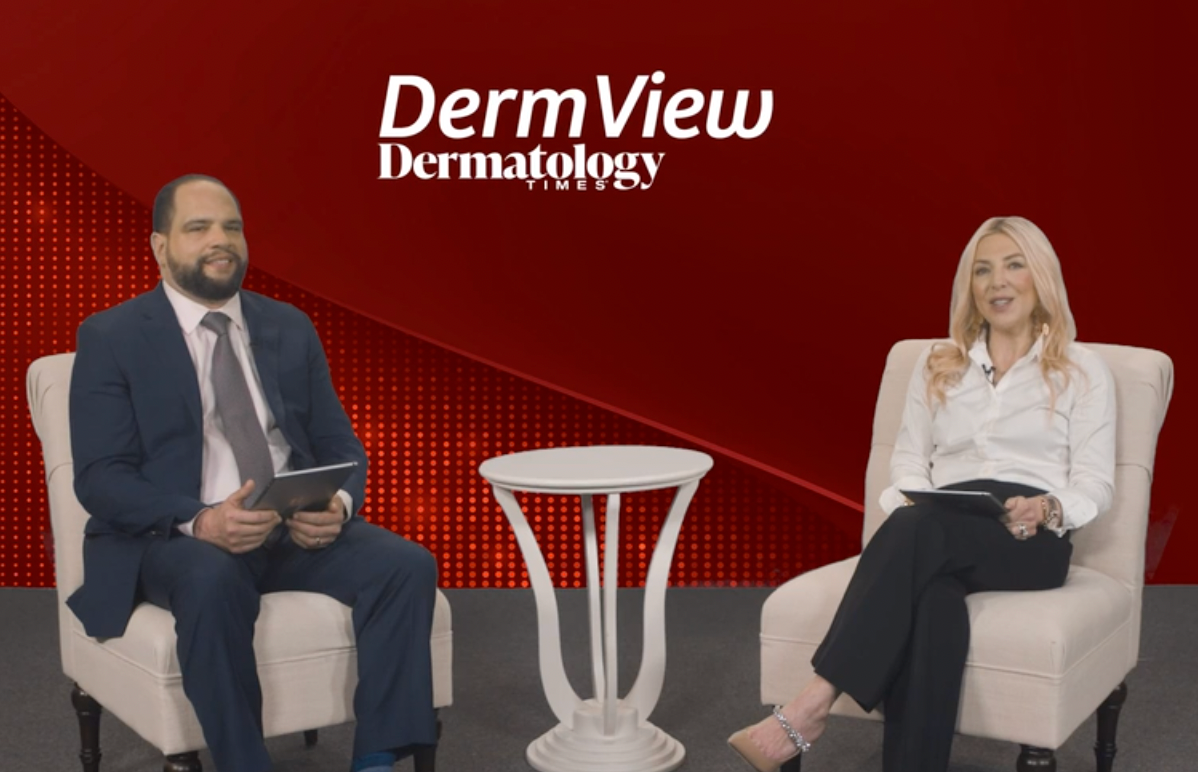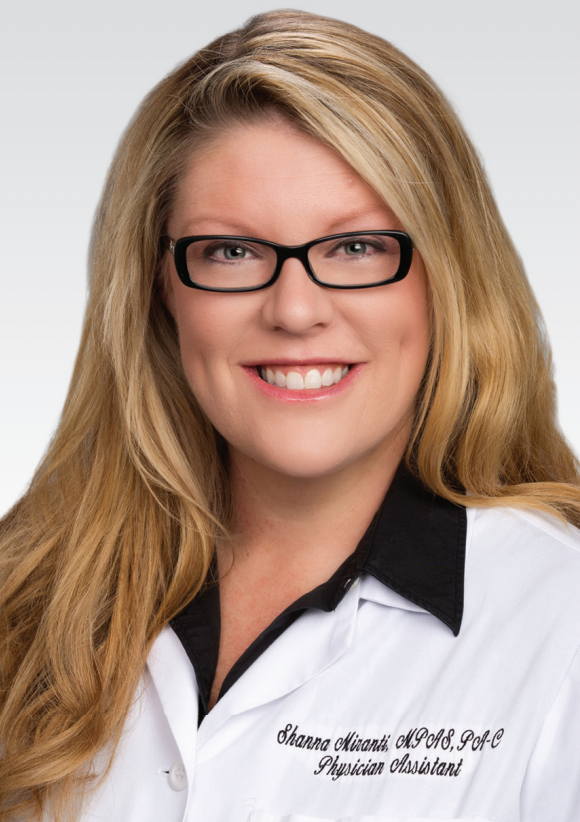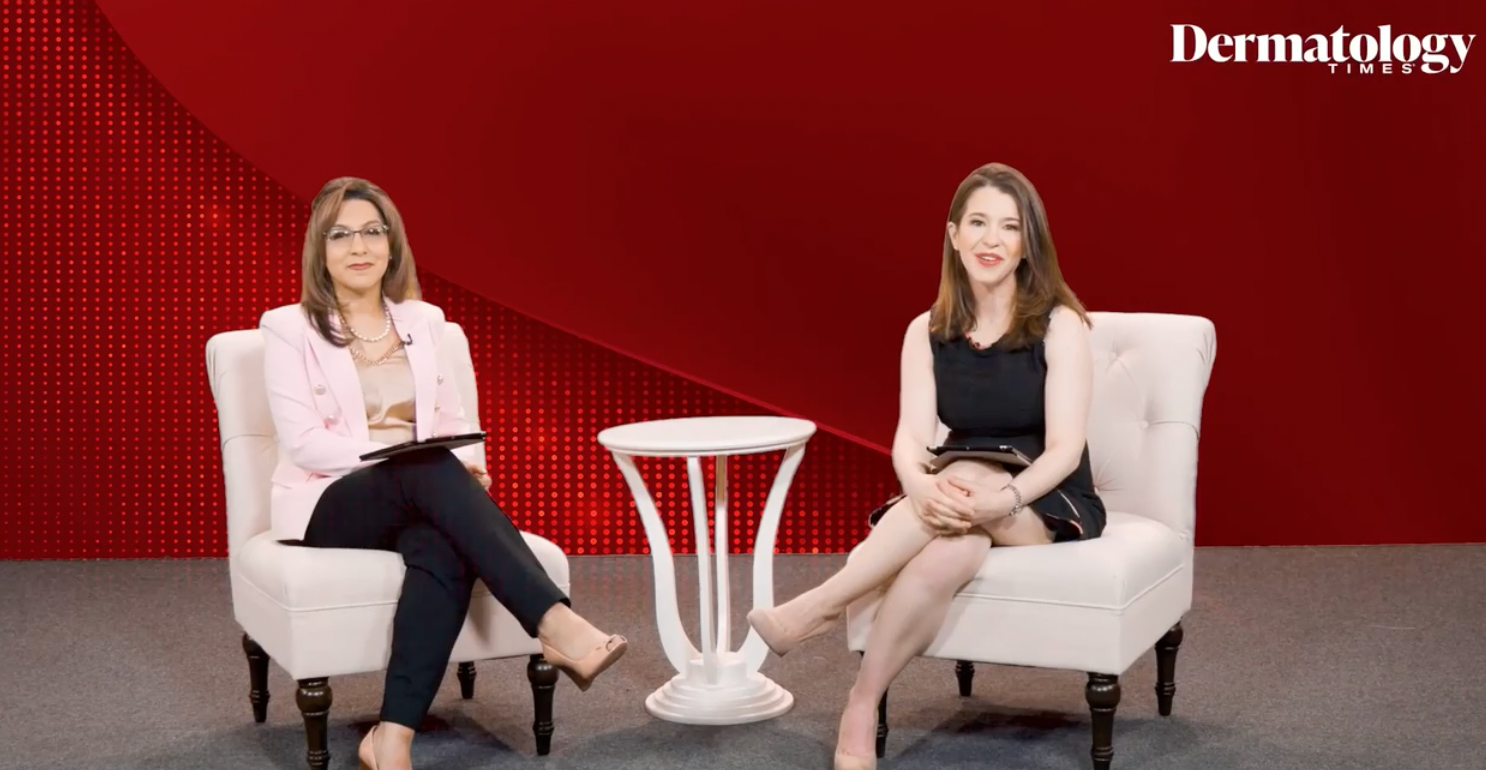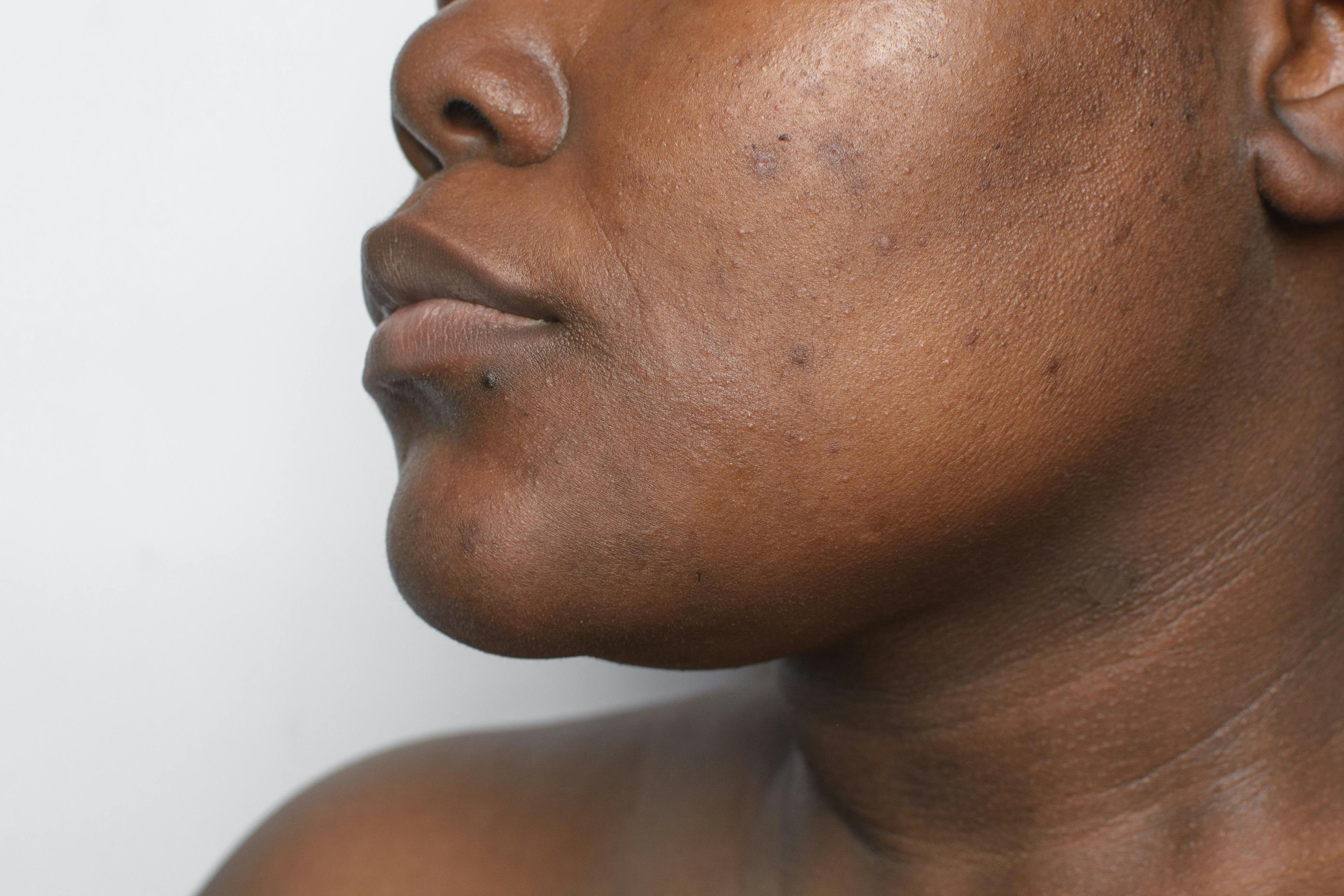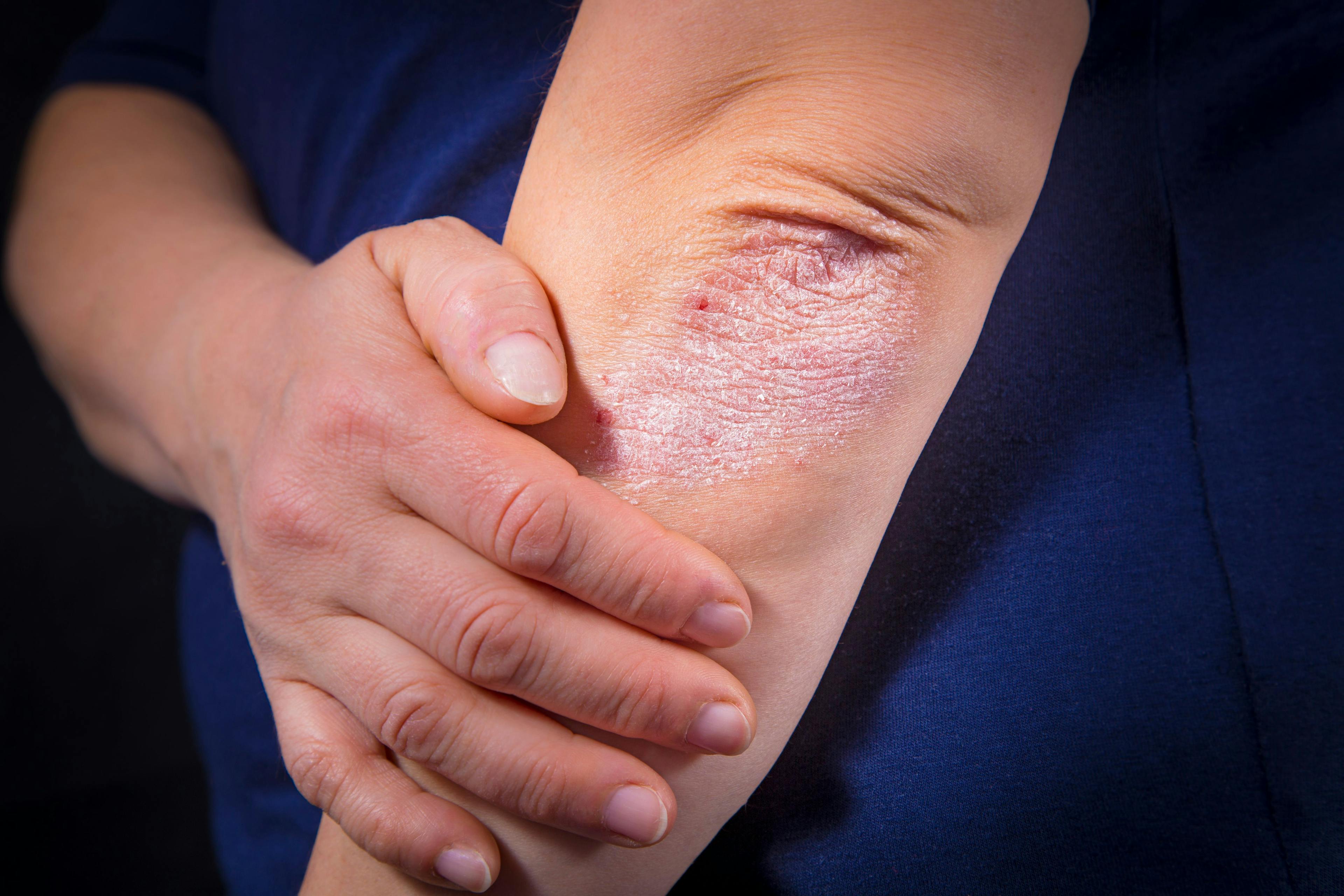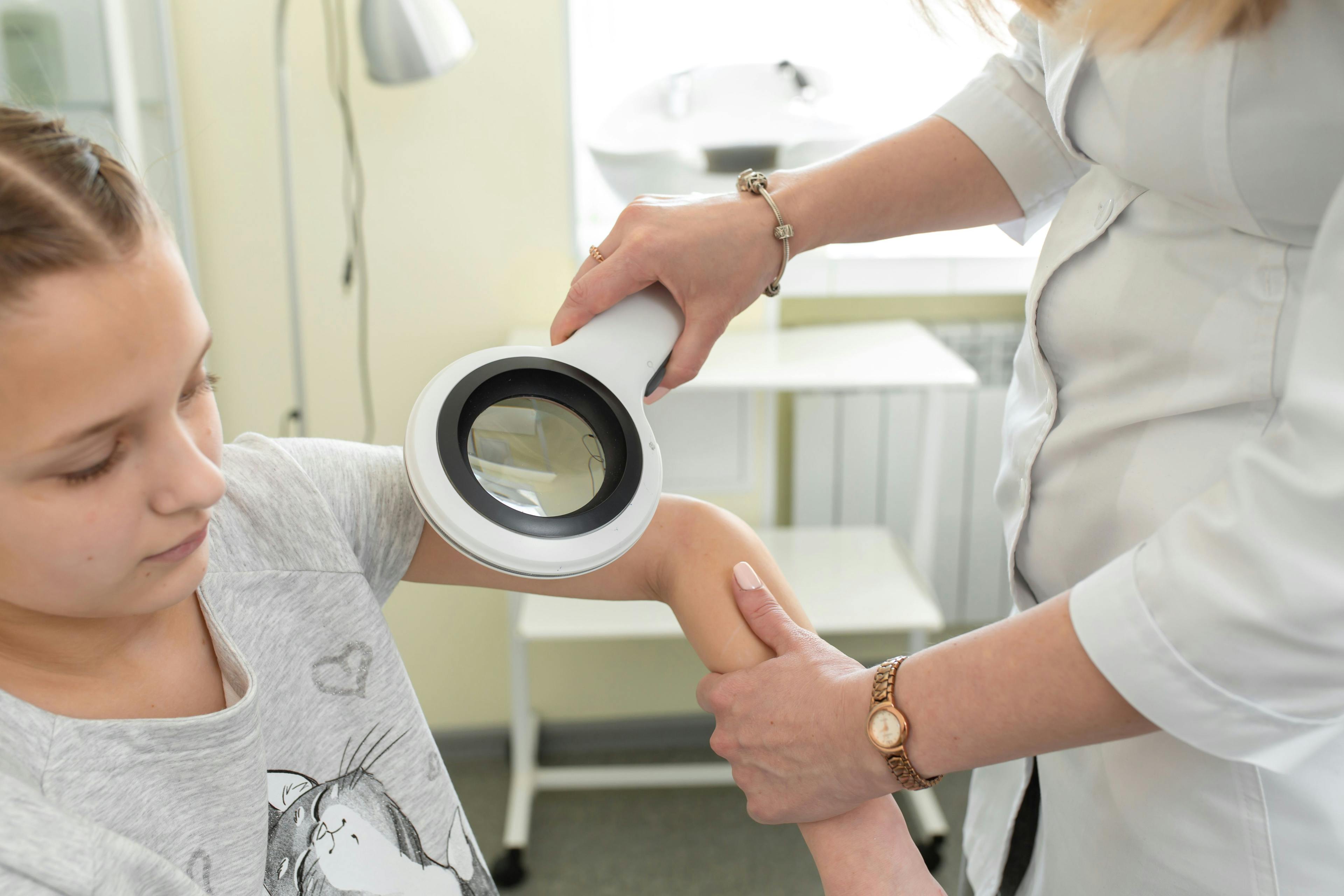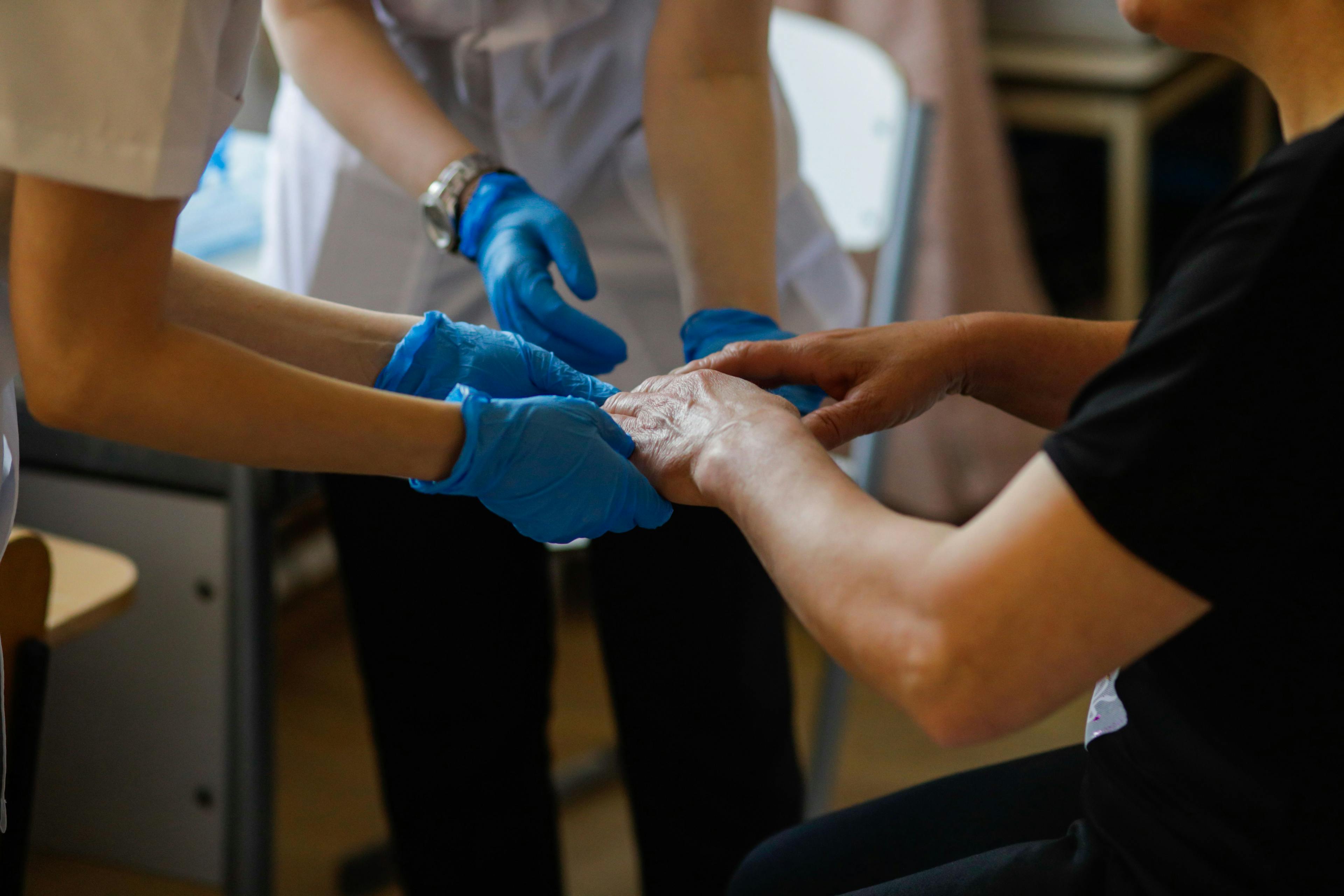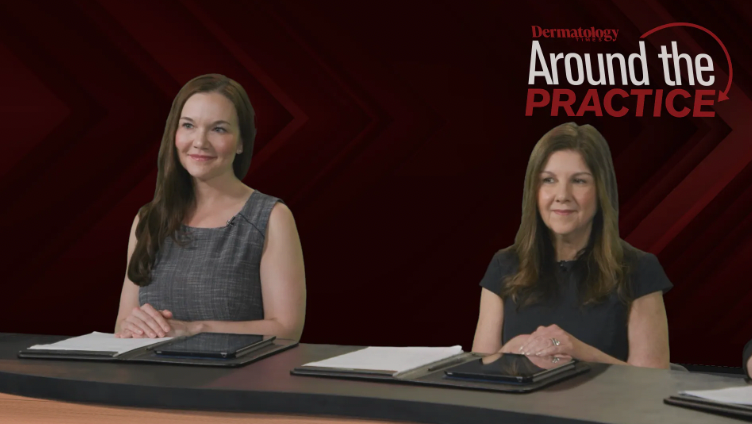- Acne
- Actinic Keratosis
- Aesthetics
- Alopecia
- Atopic Dermatitis
- Buy-and-Bill
- COVID-19
- Case-Based Roundtable
- Chronic Hand Eczema
- Chronic Spontaneous Urticaria
- Drug Watch
- Eczema
- General Dermatology
- Hidradenitis Suppurativa
- Melasma
- NP and PA
- Pediatric Dermatology
- Pigmentary Disorders
- Practice Management
- Precision Medicine and Biologics
- Prurigo Nodularis
- Psoriasis
- Psoriatic Arthritis
- Rare Disease
- Rosacea
- Skin Cancer
- Vitiligo
- Wound Care
News
Article
Dermatology Times
A Time for Reflection on Dermatology Residency
Author(s):
Dermatology Times Editor in Chief Zoe Diana Draelos, MD, reflects on the importance of dermatology residency programs in cultivating early passion for the specialty.
MoiraM/AdobeStock
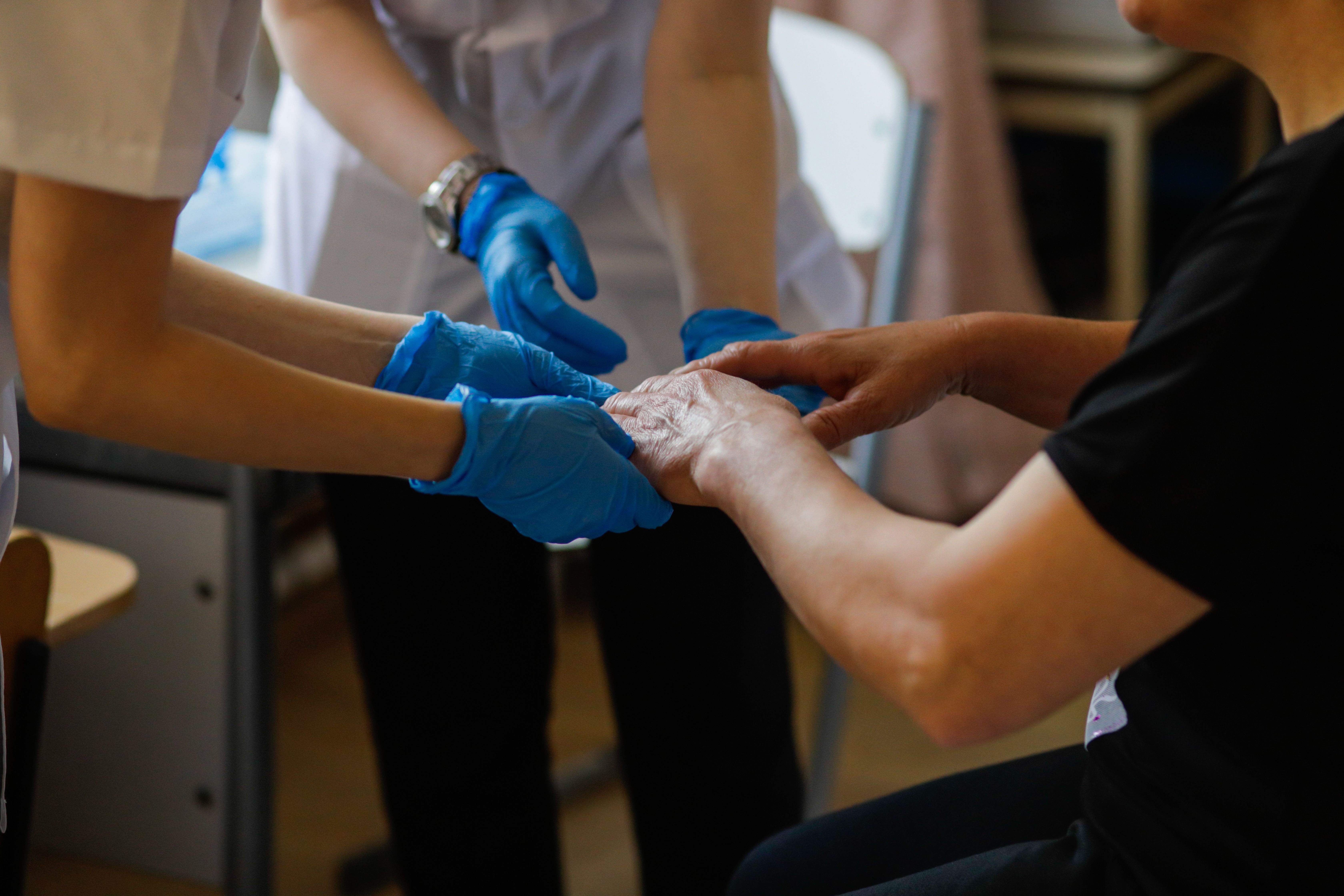
Having welcomed a new class of dermatology residents last month, I believe it is worthwhile for all of us to think back and reflect as we train, whether we are new or mature dermatologists. I did not start my medical career intending to be a dermatologist. Instead, I started out as a mechanical engineer who wanted to study fluid dynamics as it pertained to cardiac function in children with heart defects and become a pediatric cardiologist. I soon learned this was not the medical field for me. Although the development of new ultrasound equipment was opening up the world to noninvasive cardiac assessment, satisfying my passions as an engineer, the prospect that many of the children I treated would die prematurely left me joyless. I still remember the day, as we all do, when I decided to become a dermatologist. Here was a field where I could see the medical problem, use my diagnostic skills, perform surgery, see patients of all ages and both sexes, read microscope slides, and make people happy! Wandering lost for months as I did in my third and fourth years of medical school trying to figure out why I had chosen to become a physician finally made sense on the second day of my dermatology rotation. It was pure joy to figure out what I was going be when I grew up. I challenge all dermatologists at all stages in their careers to remember this moment. Put those powerfully positive emotions in a mental bottle that you can figuratively open and drink when you have had a bad day. It is the quickest antidote, providing an emotional reset.
I think dermatology is the last general specialty and we should protect this aspect of our practice. In many ways, selecting a specialty today means learning more and more about less and less. Although this allows increased opportunities for mastery of a limited field of medicine, I think it also contributes to physician burnout through boredom. There is never a reason to burn out in dermatology. You should simply expand your practice into a new area, learn new skills, and reinvent your enthusiasm as a physician. Learn how to do fillers, add sclerotherapy to your practice, develop a new face peel regimen, modernize your surgical tray with new instruments, learn to do liposuction, explore a new surgical closure, renew your immunology background, revamp your office flow, etc. Reach outside your comfort zone and learn something new. For me, my new learning during COVID-19 was to develop skills in performing high-pressure liquid chromatography/mass spectrometry in my office to better understand and optimize topical drug delivery. Learn everything you possibly can during residency and keep finding new things that spark your interest.
Dermatology is the only area of medicine with such a far reach in the consumer market. We work with products that are pharmaceuticals, prescription devices, cleansers, OTC drugs, OTC devices, cosmeceuticals, skin care products, and colored cosmetics. This spans the space from engineered biologic injectables to eye shadow. There is something of interest for everyone. Learn as much as you can about the entire spectrum of products that impact diseased and healthy skin. When I lecture to residents, I am frequently asked how to become a successful dermatologist. The residents like to ask me which products they should sell in their office to achieve success. I tell them this is not important. What is important is an understanding of the ingredient construction of the product, how it interacts with the skin, whether it delivers skin benefits, and how it can achieve or maintain skin health.
As dermatologists, we need to understand the fine details of the tools of our specialty. This provides added value to a patient visit and is a constant source of study. The consumer product world moves so quickly and has become so sophisticated that dermatologists have trouble keeping up. We have many new medications with novel mechanisms of action involving complex skin immunology. These developments are just the beginning of rapid expansion in the dermatologic armamentarium that will continue to provide new therapeutic options and enhanced patient experiences. No other field of medicine even approaches the wide intellectual opportunities in dermatology. Remember to embrace these new developments and make them part of your practice.
Finally, I think it is very important to remain part of the dermatology family. This means keeping in touch, maintaining friendships, going to meetings, participating in virtual roundtables, joining chat groups, searching out new colleagues at medical society meetings, and staying engaged. Medicine is a social occupation where we speak and engage with people, some who are well known to us and some who are new acquaintances. We would not have gone into medicine generally if we did not love interacting with people, thus we are social beings.
It is easy in dermatology to become isolated because we are outside the body and outside the hospital and sometimes outside the medical sphere. For this reason, we must interact with one another to prevent isolation. It is sometimes comforting to know others are experiencing the same coding or insurance problems and perhaps learn from their solutions to the problem. It is nice to speak to a fellow dermatologist who speaks the same language to the benefit of both parties.
Whether you are just beginning your dermatology career as a resident or nearing the end of your career, I hope these insights will touch you in a special way, possibly improving those bad days we all experience. Dermatology has changed the way I look at the world. I will forever be a dermatologist. I diagnose people while waiting in line at the grocery store, I am drawn to the window at the salon to see what new materials are being put on hair, I hang out at the department store cosmetic counter listening to the lady discuss products, and when I have a leisurely afternoon I read my dermatology journals. I think for all of us; it is hard to escape who we are. Why? Because dermatology is just so much fun!
Zoe Diana Draelos, MD, is a consulting professor of dermatology at Duke University School of Medicine in Durham, North Carolina, and editor in chief of Dermatology Times.

Newsletter
Like what you’re reading? Subscribe to Dermatology Times for weekly updates on therapies, innovations, and real-world practice tips.

